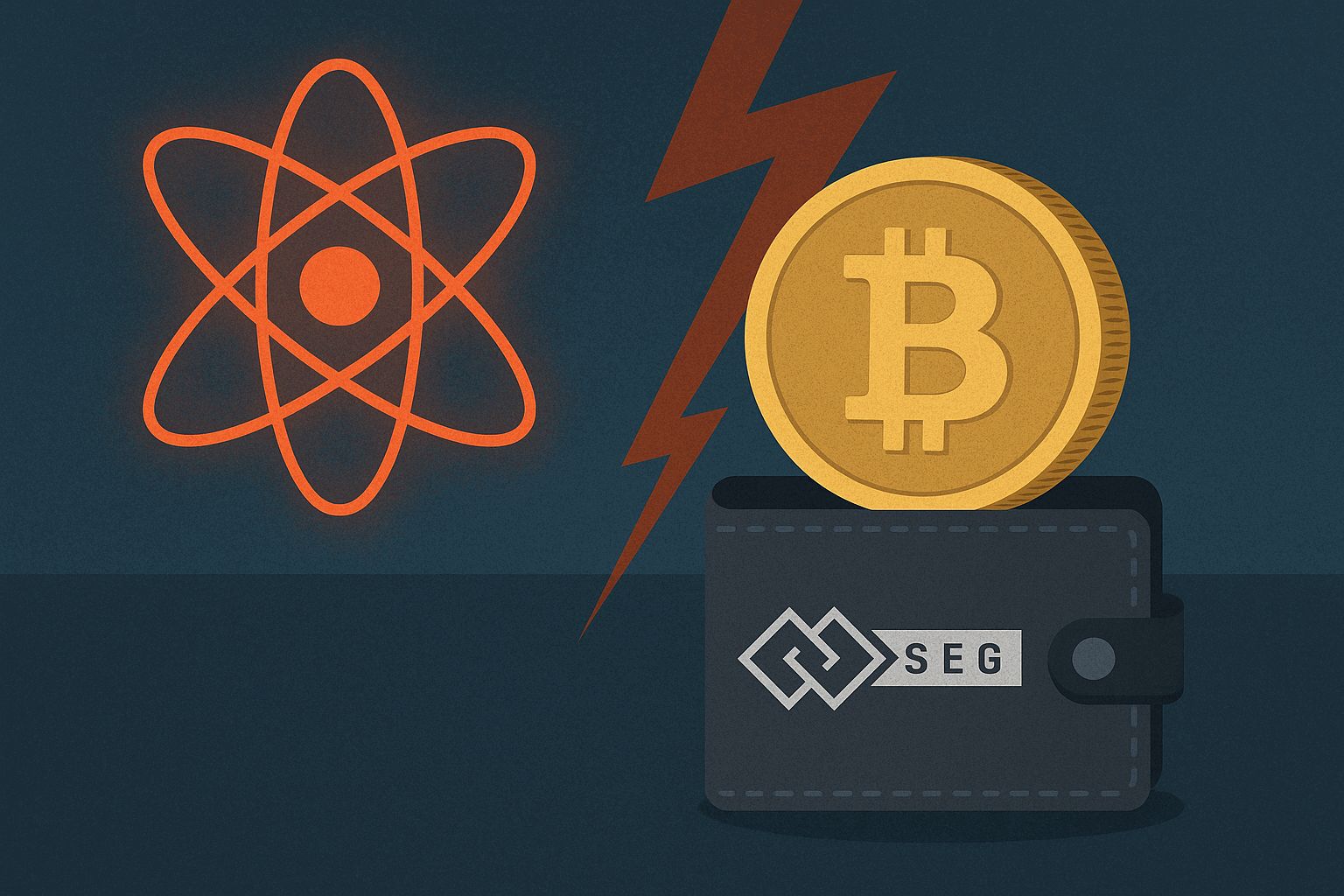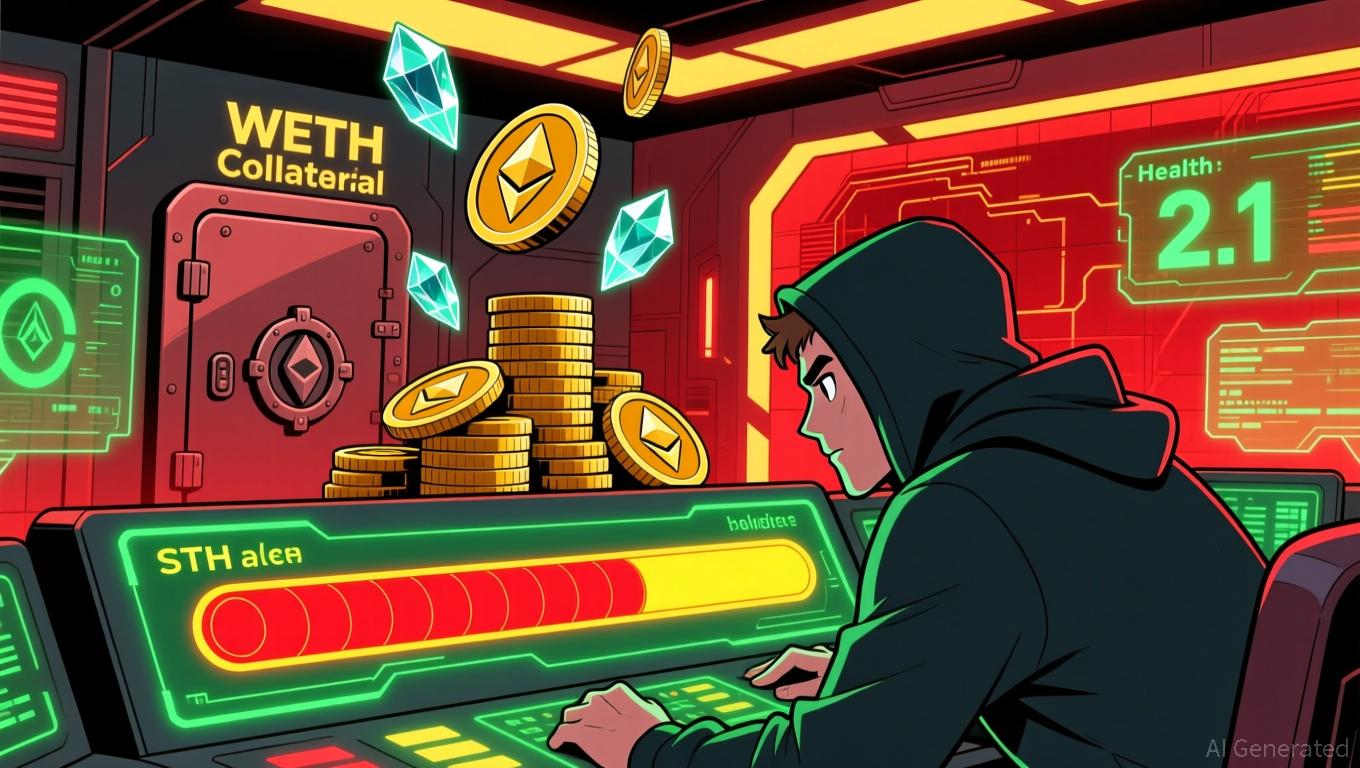
- SegWit wallets delay public key exposure until the point of transaction.
- Holding Bitcoin in SegWit addresses offers temporary protection if left untouched.
- Critics believe practical quantum computing remains decades away.
Quantum computing’s long-theorised threat to Bitcoin is resurfacing in the crypto conversation.
The idea that a powerful enough quantum machine could break cryptographic security and expose Bitcoin keys has moved from theoretical chatter to practical concern.
Bitcoin analyst Willy Woo recently suggested a short-term safeguard: store Bitcoin in SegWit addresses for the next seven years.
While the tactic has sparked debate, the broader community remains divided over whether quantum computers are a real, imminent threat or just the latest tech-driven scare.
SegWit offers delayed public key exposure
Segregated Witness (SegWit), introduced on 23 August 2017, is a protocol upgrade that changes how data is stored in Bitcoin transactions. Woo suggests that SegWit’s delayed public key exposure could act as a deterrent against quantum attacks.
Unlike Taproot, which exposes the public key immediately within the address, SegWit only reveals it during transaction execution.
This delay makes it harder for a quantum computer to reverse-engineer the private key from the public one before the transaction is completed.
Under current conditions, exposing a public key does not present much of a problem. However, if and when quantum computing advances to the point of real-time decryption capabilities, the exposure window of Taproot wallets could be a key vulnerability.
In contrast, SegWit’s hashing conceals the public key behind a layer of encryption until absolutely necessary. This may keep Bitcoin more secure during this anticipated transition period.
Hodling in SegWit comes with major constraints
While the SegWit method may offer protection, it carries a critical limitation. According to Woo, users must not move their Bitcoin from the SegWit address.
Any outgoing transaction would expose the public key, potentially inviting a quantum attack if executed during the transaction.
As such, this method is not viable for active traders or anyone needing liquidity in the short term. It is a static defence mechanism, not a dynamic solution.
This approach effectively puts Bitcoin in a vault. It is safe but inaccessible. It is also only as secure as the continued absence of real-time quantum decryption.
If a breakthrough comes earlier than anticipated, even SegWit-held coins could be compromised during withdrawal. Woo acknowledges that this is only an intermediary measure.
It is meant to bridge the gap until a quantum-resistant Bitcoin protocol becomes available.
Experts disagree over SegWit’s efficacy
Not everyone agrees that SegWit provides any meaningful protection. Charles Edwards, founder of digital asset fund Capriole, has dismissed the idea as ineffective.
He argues that SegWit is not a quantum-safe model and relying on it could delay necessary network upgrades.
According to Edwards , the belief that Bitcoin has a seven-year buffer period could create complacency, weakening pressure to accelerate work on quantum-resistant algorithms.
This disagreement underscores a broader lack of consensus in the crypto space on how seriously the community should take quantum risk.
Although protocol upgrades are under development, there is concern among developers that current initiatives are progressing too slowly.
Some argue that existing security layers were not built with quantum capabilities in mind, making them structurally vulnerable regardless of transaction format.
Sceptics say quantum fears are overblown
Despite the alarm, some in the community believe the risk is being overstated. Critics point to quantum computing’s persistent technical limitations.
In a post in February, Bitcoin advocate Adrian Morris claimed quantum tech is “barely viable”, citing issues with thermodynamics, memory, and persistent calculations.
Others argue that traditional financial systems and major banks would be far more attractive targets for early quantum attacks than a decentralised network like Bitcoin.
Woo notes that Bitcoin held by custodians, such as ETFs or treasury firms, may be better shielded in the interim. This is only true if those institutions take proactive steps to secure their holdings.
Until a comprehensive upgrade is implemented, the quantum debate will continue to shape discourse around Bitcoin’s long-term security.




